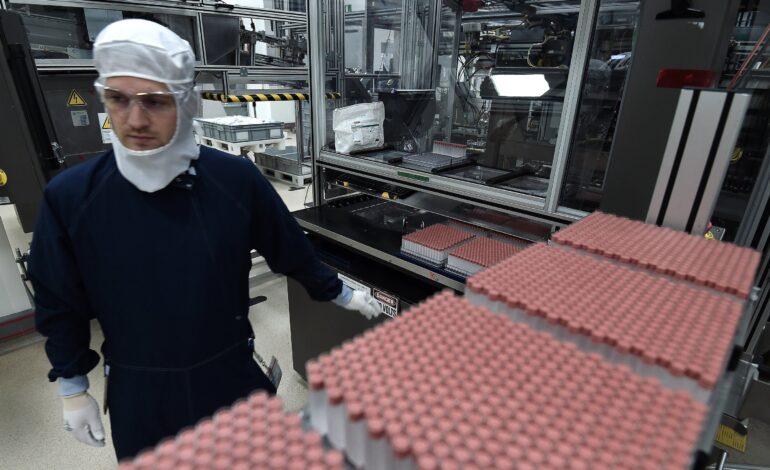
The Evolution of Science in Treating Mental Disorders: Major Advances Over the Last 30 Years
Over the past three decades, science has made significant strides in the treatment of mental disorders. From innovative therapies to groundbreaking medications, this article delves into the key advancements that have reshaped mental health care, improving the quality of life for many individuals globally.
Advancements in Psychotherapy Approaches
Over the past 30 years, psychotherapy has seen significant evolution. Cognitive-Behavioral Therapy (CBT), once dominant, has been complemented by new methods like Dialectical Behavior Therapy (DBT) and Acceptance and Commitment Therapy (ACT). These modern approaches offer personalized solutions, focusing on an individual’s needs and enhancing therapeutic outcomes.
Breakthroughs in Medication
Pharmacological treatments have made tremendous progress. Recent antidepressants and antipsychotic medications have fewer side effects and are more effective, thanks to advanced understanding of brain chemistry. Researchers continue to develop drugs that target specific neurotransmitters, providing more tailored treatments for different mental disorders.
Integration of Technology in Treatment
Technology has become an integral part of mental health treatment. From teletherapy to mental health apps, digital platforms have democratized access to care, making it more convenient and reducing stigma. Wearable technology now also plays a role in monitoring mental health symptoms, enhancing proactive care.
Genetic and Neuroscience Research
Advancements in genetics and neuroscience have revolutionized our understanding of mental disorders. Genetic research has identified various biomarkers, paving the way for personalized medicine. Meanwhile, neuroscience has uncovered how brain function affects mental health, leading to more precise interventions.
Conclusão
In summary, the past 30 years have witnessed remarkable progress in mental health treatment. These advancements have led to more effective therapies and medications, making mental health care more accessible and personalized. As science continues to evolve, the future of mental health treatment looks promising, offering hope and healing to countless individuals.






